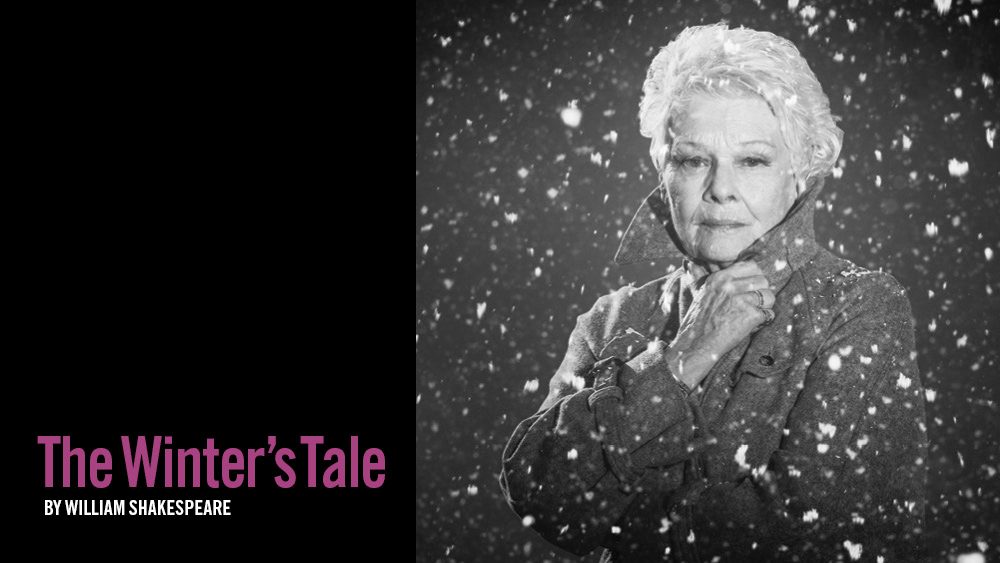This past Tuesday, The English Department and Arts at Carleton hosted a live screening of the Kenneth Branagh Theatre Company’s production of The Winter’s Tale, starring Branagh as Leontes and Judi Dench as Paulina.
Members of Prof. Pierre Hecker’s Shakespeare II class, who are currently studying the play, shared their thoughts on the production with the Miscellany.

“Listening to the first half of Branagh’s Winter’s Tale, you might think you were in Westeros, the dark cello music announcing Leontes’ grief. Certain scenes even looked Game of Thrones-esque, particularly the firelit room in Leontes’ palace where despite Paulina’s entreaties, he condemns baby Perdita to death. The menacing moment when Judi Dench handed Branagh the baby elicited gasps from the audience. This initial psychological intensity and threat of violence vanishes almost entirely in the second half of the play — Autolycus’ music bringing lightness and levity to a play that postures first as a tragedy, then as a comedy. If only it had accomplished the latter as well as the former.” -Noah Bunnell (’16)
“One thing that I appreciated about Branagh’s Winter’s Tale was seeing an East Asian actor perform Shakespeare in a West End Theatre. It was refreshing to see Vera Chok, as one of Hermione’s maids and the shepherdess Dorcas, in a role that isn’t horrifyingly stereotyped (i.e. Cho Chang). Now, I’ll just have to wait (and wait, and wait?) for the day when there will be an Asian Leontes or Hermione on a British stage.” -Sam Chao (’16)
“The setting for The Winter’s Tale was effective, especially during the first half set in Leontes’ home. The production began with a sense of the charming, Christmas-y feeling suggested by the play’s name, but this coziness quickly became claustrophobia as the plot unraveled. The close-confines of the setting rendered visible the thin distinction between contentment and disarray the the play establishes.” -Helenmarie McHugh (’16)
“Branagh did a solid job in setting the beginning of the play as a Christmas scene; this cleverly interpreted some trickier lines and grounded the characters’ movements. Although making the set a long room added literal depth to the scenes, I was disappointed by the trial scene and wish Branagh had created more of a visible hierarchy onstage by adding a judge’s bench instead of simply moving chairs to the sides. In terms of acting, I felt the pastoral scenes were the most well-done parts of the show. Branagh couldn’t quite get angry enough for me to believe his character, and Hermoine didn’t seem emotionally invested in her plight. Polixenes, however, made a perfect angry father, and Perdita was believable as a goofy, yet graceful country woman.” -Emily Clark (’17)